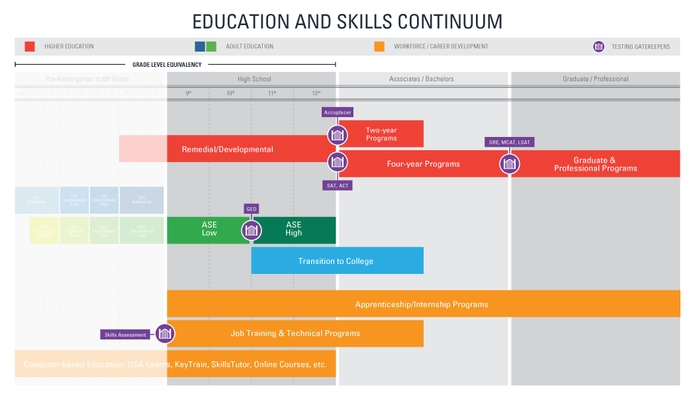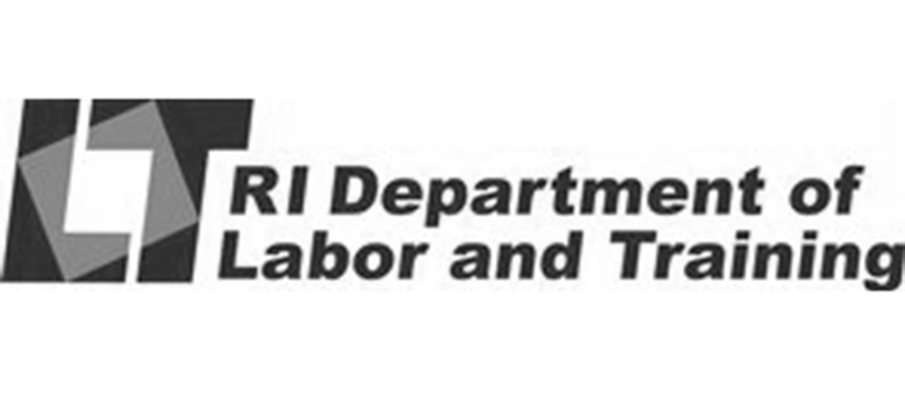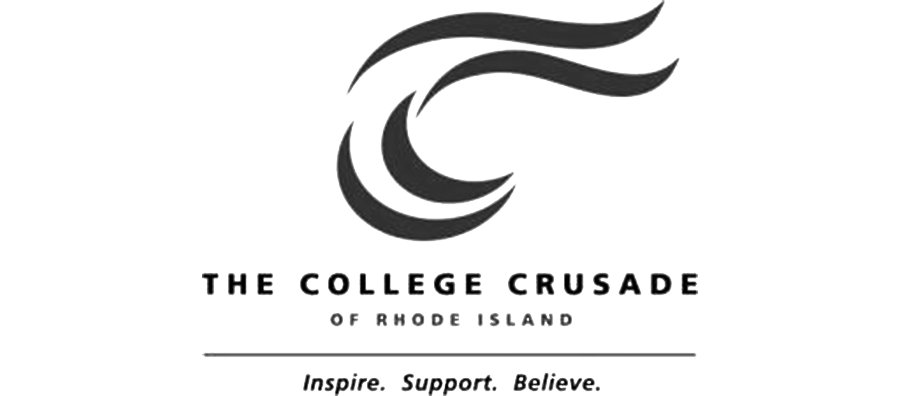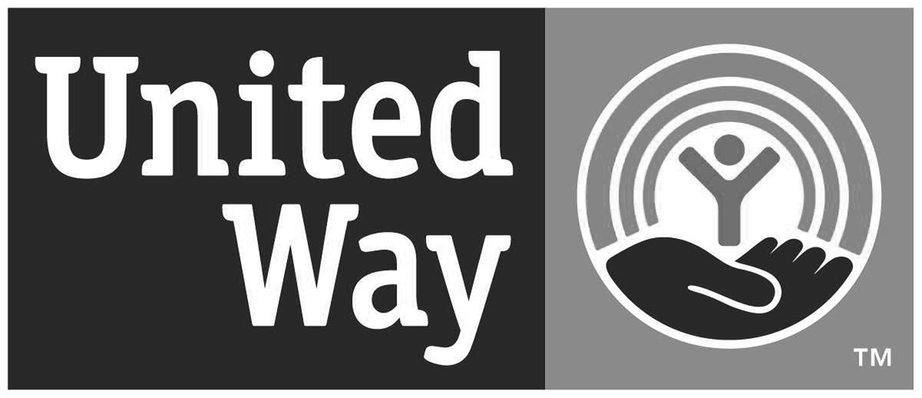Challenge 2 (Cont.): Tests become gatekeepers to further goals.
Click the chart for a high-resolution view.

Adult learners, with or without a diploma, face assessments, or tests, that serve as "readiness" gatekeepers to post-secondary certificate training, workforce development programs, and college itself.
For example, the Accuplacer, a test given to most incoming community college freshmen nationally, determines if students need "remedial," or K-12-level courses, which do not provide credits toward a degree. Adult Education uses TABE tests that assess learners' K-12 proficiency and after coursework, their readiness to advance to the next appropriate level. Often requiring at least 9th-grade skills, industry-specific job-training programs screen students with a variety of tests to be assured their efforts will build on a foundation of skills. Advanced degree programs (master's, M.D.s, Ph.Ds, etc.) all have demanding entrance requirements designed to maximize the chances that students are prepared to persist to the completion of the degree.
Even most states' tests for drivers licenses require at least an 8th grade reading level. Because these tests promote or impede progress towards many adult goals, the ability to pass them matters.










